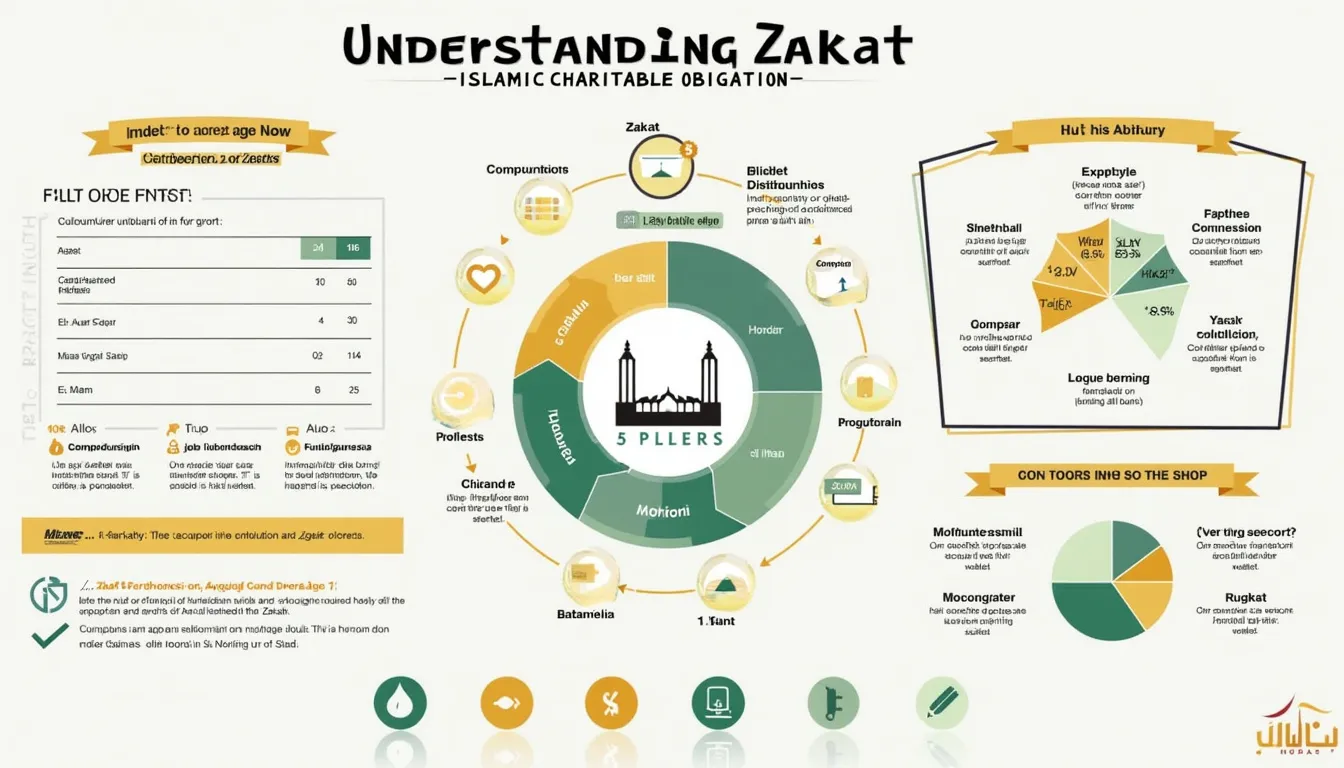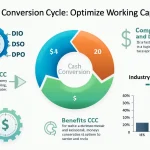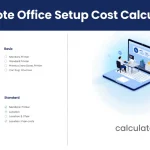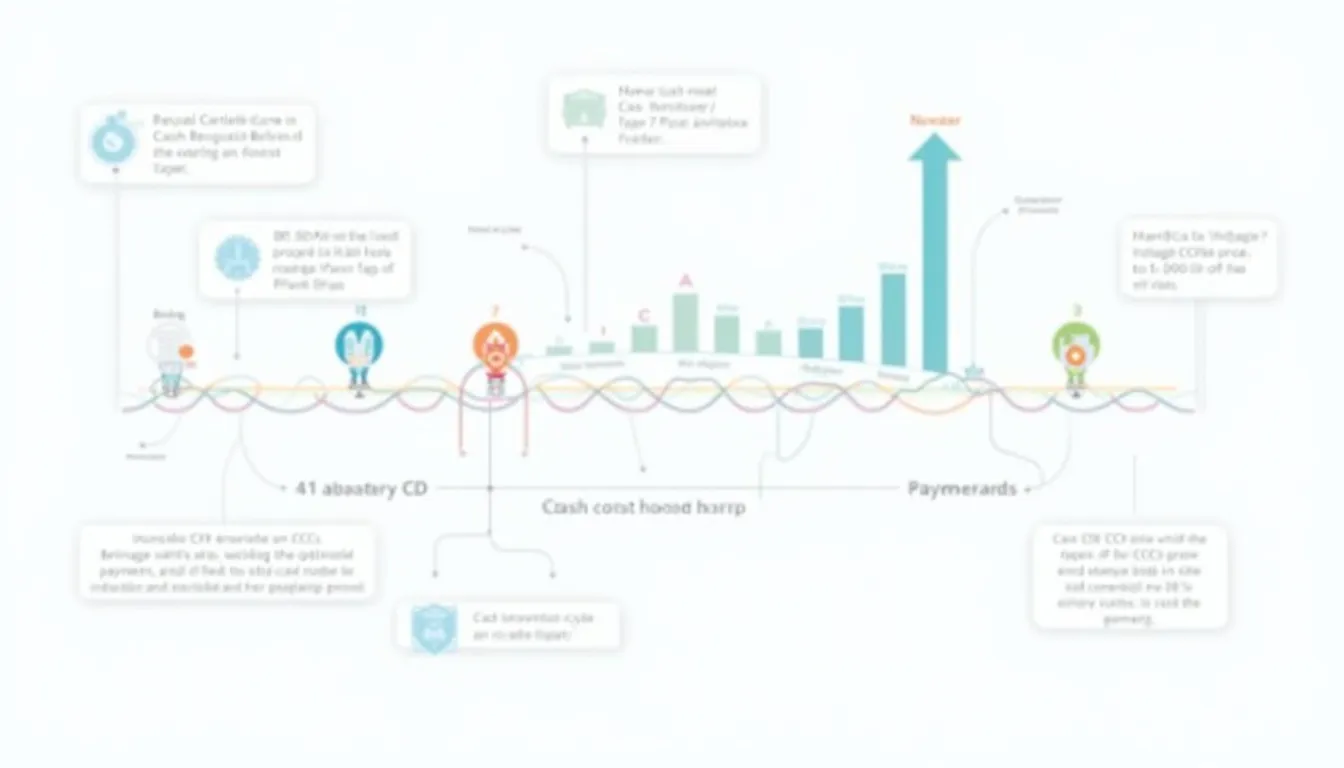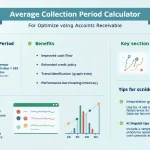Zakat Calculator
Is this tool helpful?
How to use the tool
- Pick a currency: Select USD or another option such as EUR or SAR.
- Add your cash and bank savings: e.g., 18 000 or 23 750.
- Record gold weight (grams): e.g., 65 g or 90 g.
- Record silver weight (grams): e.g., 250 g or 400 g.
- Enter business inventory value: e.g., 22 000 or 30 500.
- Enter investments value: e.g., 12 000 or 40 000.
- Add receivables: e.g., 3 000 or 8 200.
- Subtract debts: e.g., 9 000 or 15 400.
- Choose the Nisab basis: Gold or Silver—prices fluctuate, so the silver basis yields a lower threshold.
- Press “Calculate Zakat”: Your totals and due amount appear instantly.
Core Formulas
Gold value: $$\text{Gold} = \text{Weight}_{g} \times \$60$$
Silver value: $$\text{Silver} = \text{Weight}_{g} \times \$0.80$$
Total assets: $$\text{Assets} = \text{Cash} + \text{Gold} + \text{Silver} + \text{Inventory} + \text{Investments} + \text{Receivables}$$
Zakatable assets: $$\text{Zakatable} = \text{Assets} – \text{Debts}$$
Nisab threshold: $$\text{Nisab} = \begin{cases}87.48\,g \times \$60 & (\text{Gold})\\612.36\,g \times \$0.80 & (\text{Silver})\end{cases}$$
Zakat due (if eligible): $$\text{Zakat} = 0.025 \times \text{Zakatable}$$
Worked Example (Fatima, USD)
- Cash + Savings: $18 000
- Gold: 65 g → $3 900
- Silver: 250 g → $200
- Inventory: $22 000
- Investments: $12 000
- Receivables: $3 000
- Debts: $9 000
- Nisab basis: Gold
Total assets: $$18\,000+3\,900+200+22\,000+12\,000+3\,000=59\,100$$
Zakatable assets: $$59\,100-9\,000=50\,100$$
Nisab (Gold): $$87.48\times60=5\,248.80$$
Because $50 100 > 5 248.80, Zakat applies.
Zakat due: $$50\,100\times0.025=1\,252.50$$
Quick-Facts
- Standard Zakat rate is 2.5 % of net wealth (Islamic Relief, 2023).
- Gold Nisab weight: 87.48 g (Islamic Council of Europe, 2023).
- Silver Nisab weight: 612.36 g (Zakat Foundation, 2022).
- Average 2023 gold price ≈ $60/g (World Gold Council, 2023).
- Average 2023 silver price ≈ $0.80/g (London Bullion Market Association, 2023).
FAQ
What is Zakat?
Zakat is a compulsory 2.5 % levy on qualifying Muslim wealth, used to aid eight beneficiary categories detailed in Quran 9:60 (Islamic Relief, 2023).
How does the calculator decide eligibility?
It subtracts debts from all listed assets, then checks if the remainder exceeds the chosen Nisab threshold; eligibility requires that overage.
Why are two Nisab options offered?
The Prophet set Zakat thresholds in both gold and silver; scholars allow either figure today because relative prices diverged (Al-Qaradawi, 1999).
Which assets are always exempt?
Primary residence, personal car, everyday clothing, and non-trading household items carry no Zakat duty (NZF UK, 2022).
How frequently must you pay?
You calculate and pay once every lunar year on your “Zakat anniversary,” the date your wealth first exceeded Nisab (Islamic Relief, 2023).
What exchange rate should I use?
Use the market rate on the day you calculate; peer-reviewed guidance notes “daily spot prices ensure fairness” (AAOIFI Standard 13, 2021).
Can debts offset Zakat completely?
Only immediate, due-within-a-year debts are deductible; long-term mortgage principal is not (NZF UK, 2022).
Where should Zakat be distributed?
Scholars prioritise local needy; however, cross-border giving is allowed when local demand is met (International Fiqh Academy, 2019).
Important Disclaimer
The calculations, results, and content provided by our tools are not guaranteed to be accurate, complete, or reliable. Users are responsible for verifying and interpreting the results. Our content and tools may contain errors, biases, or inconsistencies. Do not enter personal data, sensitive information, or personally identifiable information in our web forms or tools. Such data entry violates our terms of service and may result in unauthorized disclosure to third parties. We reserve the right to save inputs and outputs from our tools for the purposes of error debugging, bias identification, and performance improvement. External companies providing AI models used in our tools may also save and process data in accordance with their own policies. By using our tools, you consent to this data collection and processing. We reserve the right to limit the usage of our tools based on current usability factors.
